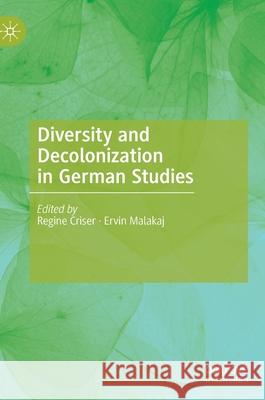Diversity and Decolonization in German Studies » książka
topmenu
Diversity and Decolonization in German Studies
ISBN-13: 9783030343415 / Angielski / Twarda / 2020 / 366 str.
Diversity and Decolonization in German Studies
ISBN-13: 9783030343415 / Angielski / Twarda / 2020 / 366 str.
cena 522,07
(netto: 497,21 VAT: 5%)
Najniższa cena z 30 dni: 501,19
(netto: 497,21 VAT: 5%)
Najniższa cena z 30 dni: 501,19
Termin realizacji zamówienia:
ok. 16-18 dni roboczych.
ok. 16-18 dni roboczych.
Darmowa dostawa!
Kategorie:
Kategorie BISAC:
Wydawca:
Palgrave MacMillan
Język:
Angielski
ISBN-13:
9783030343415
Rok wydania:
2020
Wydanie:
2020
Ilość stron:
366
Waga:
0.77 kg
Wymiary:
21.01 x 14.81 x 3.02
Oprawa:
Twarda
Wolumenów:
01
Dodatkowe informacje:
Wydanie ilustrowane











